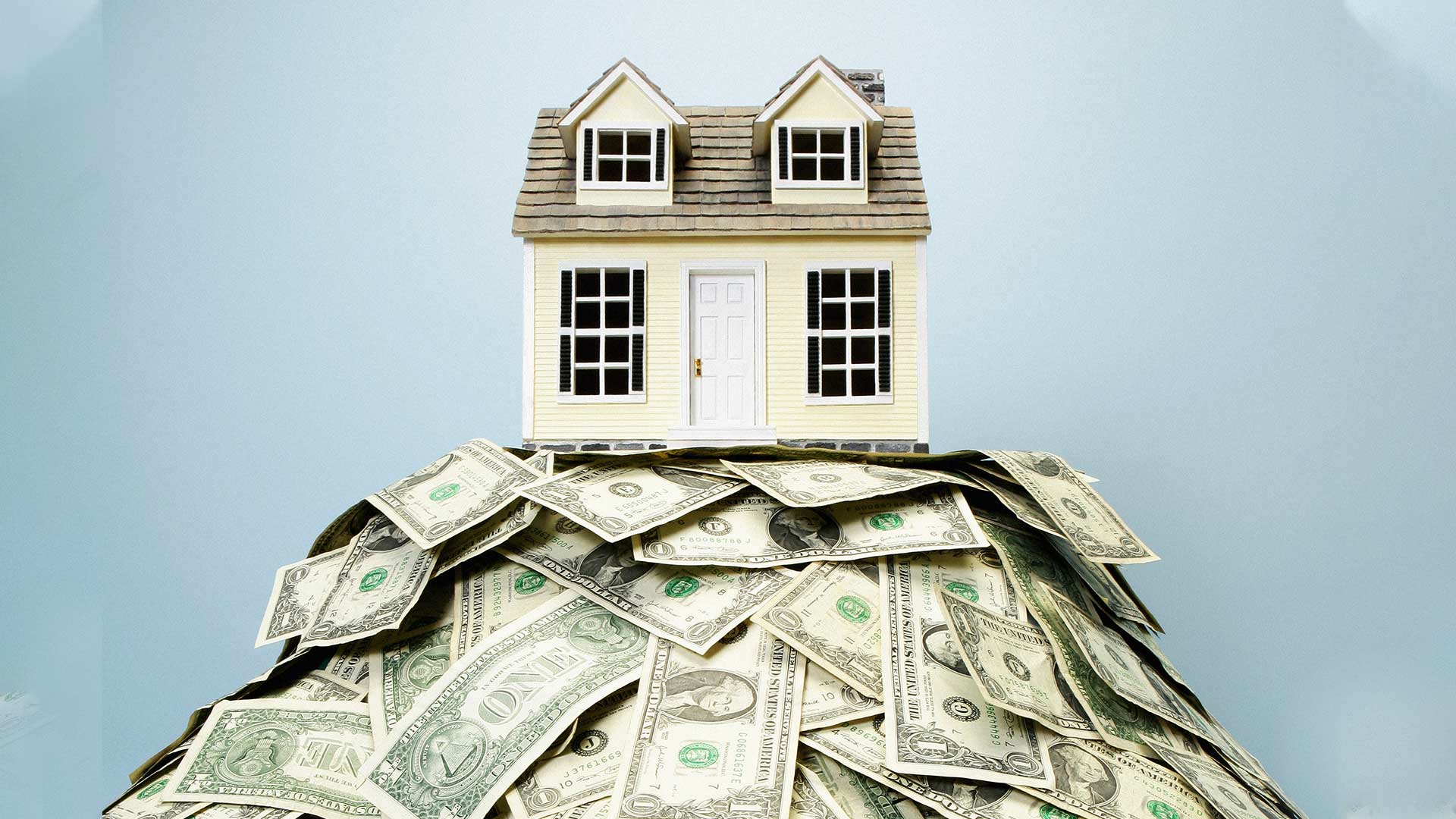How to save up for a house: here’s everything you need to know
From understanding mortgages to setting budgets, here's how to save up for a house

Thinking about buying a home can feel daunting. They cost hundreds of thousands of dollars, and it starts with a hefty down payment. It also doesn’t help that so much of our typical “American dream” is tied up in being a homeowner. It feels like too much, but it doesn't have to. When you have a good plan and know a little more about real estate, you will find that saving up for a down payment is quite doable. Here is your simple guide on how to save up for a house.
Review your budget
No one really enjoys budgeting, but if you're serious about saving up for a house, this is the first step. Take a deep look at all of your income and spending. It might not be the most fun way to spend an afternoon, but until you account for every penny, saving for a down payment is going to prove difficult.
You want to split your spending into two categories – mandatory and discretionary. Mandatory spending is things like rent, insurance and food. Discretionary would include Netflix and other things that you can live without, even if you don't want to!
When you've made this list, you'll be able to look for where you can make cuts to start saving for that housing down payment. Still, there are a few more steps that will make the final part of budgeting less painful.
Calculate some mortgages
The second step in your plan is figuring out how much money you're really going to need for your house. The best way to do this is to compare mortgages with what you already pay in rent. If your rent is $1500 a month, you can afford a mortgage payment in that same ballpark. You can also find plenty of mortgage calculators online to help with this part.
As part of your pricing research, there are a few extra steps that go a long way. If you check your credit score, you can figure out what kind of interest rates to expect. You can even try to get pre-approved for a mortgage. Then you'll know exactly what some of your options are.
It's important to be able to estimate property taxes and insurance and add those to your monthly mortgage payment. That tells you exactly how much will be coming out of your pocket, and with all of that, you can set a price limit on your house shopping. For your down payment, you will need to save up 10 to 20 percent of the total price of the house.
Weigh your down payment options
With no assistance, you should assume that you need a 20 per cent down payment for any house. If this is your first house, there are several resources that can help you lower your down payment considerably.
The first thing is the Federal Housing Association. This is a government program that helps first-time homebuyers. FHA loans usually have lower down payments and fixed interest, and when you explore these loans, you'll get real numbers that help you set your saving goals.
It's also worth pointing out that the FHA offers financial planning assistance. If you're new to home buying, working with the FHA will help you get a strong idea of all the little things you need to know about the process.
Outside of government programs, you can learn about private mortgage insurance (PMI). This is special insurance that allows you to make a smaller down payment. It will raise your monthly housing bill, but it might make getting into your new house a lot easier. Basically, the money you aren't putting into a down payment is split into a monthly payment that is added to your mortgage until you catch up.
Set your budget
At this point, you know where your money is, and you know how much you need to save for your down payment. It's time to decide how you will acquire that money. It starts with savings. Even if you're only saving $10 a week on something, that adds up quickly over the course of a year. If you can skim from your phone bill, your utilities, and maybe your insurance, you will be well on your way, and that's not including the cuts you can make in your discretionary spending.
You can also look into extra income. Everyone talks about the side hustle, and it's a legitimate way to secure your down payment. Even if you channel your inner teenager and mow lawns or babysit for some extra cash, as long as you put it away, you'll get that down payment. An extra $50 a week doesn't require a lot of your time, but it turns into $2500 a year. Every penny counts.
Saving up for a house seems daunting until you break it into smaller pieces. It's not about acquiring thousands of dollars. It's about making small decisions over time that set you up for success. Stick with it and you'll get there.
The My Imperfect Life team is all about helping you navigate your world. We bring you the latest on fashion, beauty, travel and wellness so you can live life on your terms.